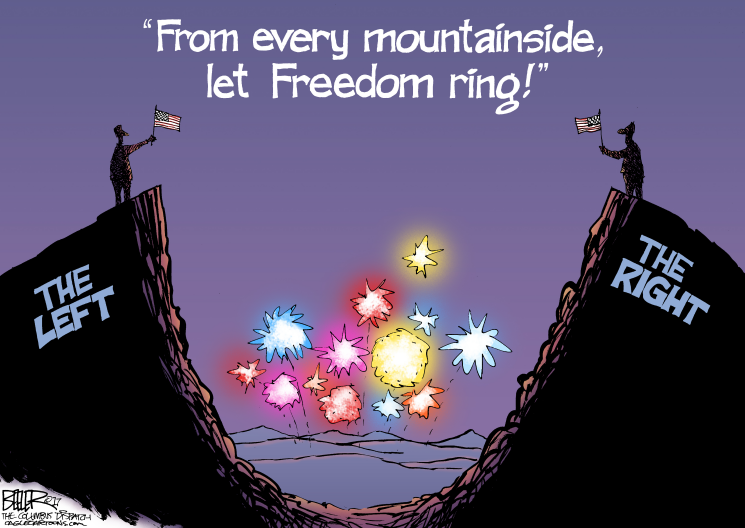
Exactly 100 years ago in World War I England, a baseball game like no other before or since was played.
On July 4, 1918, before an enthusiastic crowd that included King George V, Queen Mary and Winston Churchill, then Minister of Munitions, and other dignitaries, the U.S. Army and U.S. Navy squads faced off in a nail biter. All of England s attention was focused on what became known as “The King s Game.”
Baseball in England had been around in various forms since 1890 when the National Baseball League of Great Britain made its debut. The American sporting goods tycoon A.G. Spalding provided financial assistance to the new league, but it lasted just a single 44-game season. The London Baseball Association followed in 1894, but it too failed. Other leagues came and went. Then in 1914, the New York Giants and the Chicago White Sox traveled to London as part of their world tour. A large and boisterous crowd that included King George watched the Pale Hose eke out a 5-4 win.
When America entered the World War in April 1917, baseball went along too. Nearly every unit of the Army, Navy and Marine Corps had at least one good baseball team that drilled on the basics in anticipation of the future games that they would soon play.
Eventually, in 1918, 30 London-based expatriate American businessmen founded the Anglo-American Baseball League. The four Canadian and four American military teams played in and around London, often in British soccer stadiums. Red-white-and-blue posters promoted the league s games from lampposts and walls across the crowded metropolis. Old Glory flew side-by-side with Union Jack atop government buildings to symbolize the shared commitment of America and Britain to beat back Germany. Churchill: “Germany must be beaten until she knows she is beaten.”
AABL s spokesman and chief umpire was Walter Arlington “Arlie” Latham, a colorful former major league ballplayer, coach, shoemaker, vaudevillian, bar owner, jokester, deli owner and hustler. Latham, whose baseball days dated back to the era before players wore gloves, tutored King George on pitching mechanics so that His Majesty could throw out the first ball in the game named after him. The King, according to Latham, needed “Speed, more speed.”
When July 4 rolled around, the Army and Navy rosters were dotted with crackerjack active and former ML–players, including Hall of Fame 241-game winner Herb Pennock, infielder “Minooka” Mike McNally, and first baseman Hughie Miller. McNally was an ML–fixture for more than 50 years as a player, manager, scout and executive.
The “baseball match,” as London newspapers referred to it, was highly anticipated on both sides of the Atlantic. As 34,000 fans, or cranks as they were called stateside, streamed into Stamford Bridge, home of the Chelsea Football Club, specially assigned personnel gave them a brief overview of baseball s rules.
The cranks were treated to a topnotch baseball match. Behind Pennock s left-handed slants, Navy bested Army Captain Edward “Doc” Lafitte, formerly of the Detroit Tigers and the Federal League s Brooklyn Tip-Tops, 2-1. The Times of London reported that “The afternoon was crammed full of extraordinary moments. It passed in such a pandemonium as was perhaps never heard before on an English playing field; not even on a football ground.”
Few were more delighted with the day s events than King George who, upon returning to his Buck House home, wrote in his diary: “Large crowds&Quite exciting. Only got home at 6:00.”
Baseball never caught on in England. But the King s Game had global significance. The Illustrated London News wrote that “&the Great War was won on the baseball ground at Chelsea.”
And indeed, as Jim Leeke wrote in his book, “Nine Innings for the King,” the game boosted English spirits and laid the foundation for the special U.S.-British relationship that continued throughout the Great War, into World War II, and beyond.
–
Baseball historian Joe Guzzardi is a Society for American Baseball Research member. Contact him at [email protected].

Leave a Reply